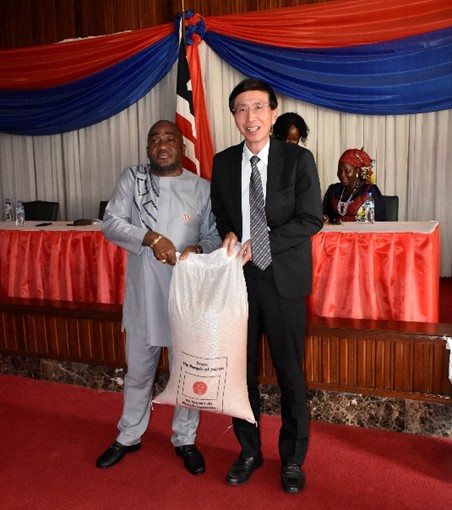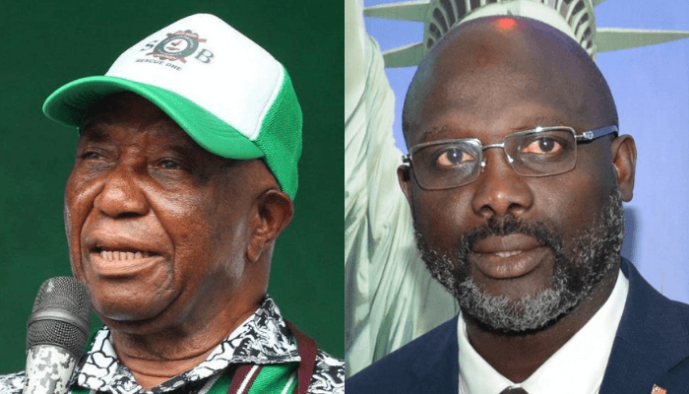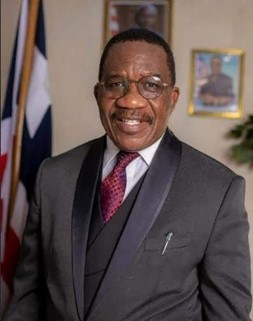The administration of President Joseph N. Boakai is fast setting strange precedents and low standards of governance in its first year, with the three branches of government conducting their activities in contrast to written laws and as if the country is under a junta rule.
The Executive branch, which appears to be the most powerful branch under the Boakai rule, has been overwhelmed by competing interests, with two or more persons being appointed to a single position. To the extent: it has become customary that appointments on the Executive Mansion website come with the sentence, “This appointment supersedes all other previous appointments.”
According to information, the President has allegedly waivered his appointing powers to members of his kitchen cabinet, who are reportedly misusing the opportunity and engaging in powerplay.
On the other side, the Judiciary has become a lame duck that allegedly takes instruction from individuals perceived to be close confidantes of the presidency. It was recently alleged that a certain judge summersaulted on his opinion in a case just by receiving a single phone call from a certain higher-up in the Executive.
In addition, the Judiciary, mainly the Supreme Court, stands accused of prolonging the impasse at the House of Representatives by not providing a clear verdict on the matter. Even though some members of the House have submitted a bill of information to the court—in order for the court to provide clarity on its ruling to end the fight on Capitol Hill—the court is yet to consider the matter.
Worse of all, the first branch of government has appeared to be a national embarrassment and disgrace, with its members subjecting themselves to police brutality and public disrepute.
For the first time, Liberians have witnessed police officers permeating the corridors of the Capitol Building and manhandling and flogging elected representatives, without any form of consequential actions against the LNP officers.
The Liberia National Police (LNP) and the Ministry of Justice appear more powerful than the National Legislature, evident from the fact that lawmakers can now be arrested on the basis of owing rental fees for their residents. A few weeks ago, Montserrado County’s district #9 Representative, Frank Saah Foko, was reportedly pursued by police officers for allegedly refusing to pay his landlord.
Article 42 of the 1986 Constitution states, “No member of the Senate or House of Representatives shall be arrested, detained, prosecuted or tried as a result of opinions expressed or votes cast in the exercise of the functions of his office. Members shall be privileged from arrest while attending, going to or returning from sessions of the Legislature, except for treason, felony or breach of the peace.”
But even with the existence of the Constitutional provision, the LNP has earmarked seven representatives, including the embattled Speaker, Cllr. Fonati Koffa, as persons of interest in the recent arson attack on the Capitol Building, and requested that they submit themselves for investigation.
In previous times, lawmakers were held in highest esteem and honored with nobility; as such, a lawmaker’s intervention in any matter would soften tension and potential conflict. But now, lawmakers are being treated as commoners, and because of the persistent split among them, one group is considering the humiliation against the other as normal, while the victimized group cannot do anything to protect themselves because they have allowed the Executive to be seen as more powerful than them.
Pundits are describing the action by the Boakai administration as setting of strange precedents and lowering the standard of governance.




